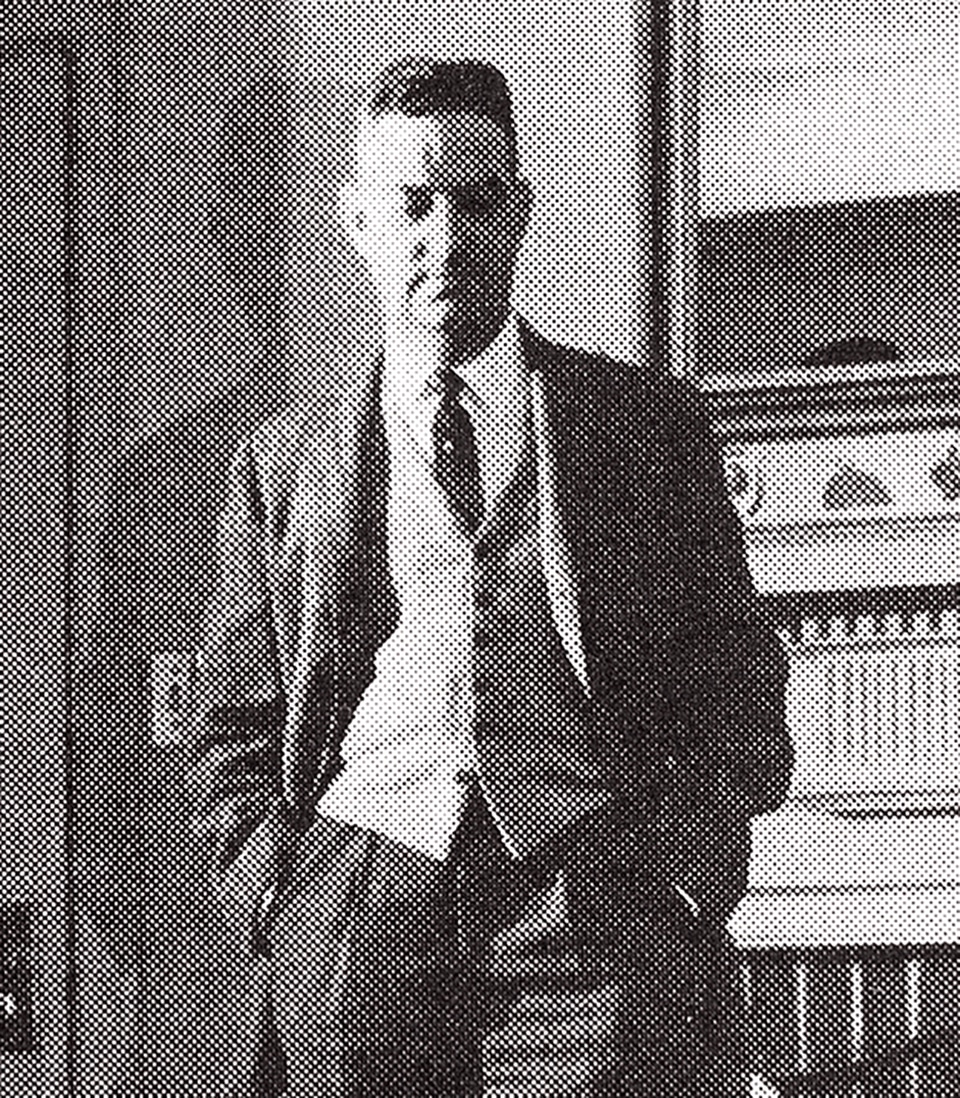RESOURCES
PEOPLE
B. Blanton Hanbury
1921-1973
Burton Blanton Hanbury was a businessman and civic leader in Prince Edward County, Virginia, who played a pivotal role in the County’s response to the Supreme Court’s landmark 1954 decision in Brown v. Board of Education. Rather than comply with the federal order to desegregate, local officials opted to defund and close the entire public school system in 1959, making it the only locality in the United States to do so for an extended period.
To maintain education for white children while excluding Black students, Hanbury and other prominent white community leaders swiftly founded the Prince Edward School Foundation, incorporated on May 29, 1959, as a nonprofit educational corporation. Hanbury served as the foundation’s president, directing its strategy and public messaging. He maintained publicly that the foundation was not created to oppose public education or court rulings, but rather to offer “a sound education to children.” However, in practice, the foundation’s schools served only white students, and Black children were left without formal education in Prince Edward County for five years.
Under Hanbury’s leadership, the foundation established Prince Edward Academy, which opened in September 1959. The academy began in makeshift classrooms housed in churches, private homes, and civic buildings, staffed with teachers recruited from across the South and even from northern states sympathetic to the segregationist cause. By 1961, the Foundation had completed construction of a permanent campus on donated farmland, built with funds raised privately and supplemented by state tuition grants that were part of Virginia’s strategy to bypass integration via school vouchers.
The Prince Edward School Foundation’s mission was clear: preserve racially segregated education by any means necessary. White families received support to send their children to Prince Edward Academy, while no provisions were made for the county’s Black students or poorer white students, who were effectively denied education or could not afford the new private school tuition. Some Black families sent their children to live with relatives out of state, while others relied on makeshift home schooling or underground education efforts supported by civil rights organizations. The situation grew so dire that, in 1963, the federal government and private charities launched the Prince Edward County Free Schools, a temporary stopgap to provide at least a year of instruction to students, who had been denied education, in anticipation of public schools reopening.
Hanbury’s Prince Edward School Foundation model was a key target of civil rights litigation. In 1964, the U.S. Supreme Court issued its decision in Griffin v. County School Board of Prince Edward County, ruling that the county’s decision to close its public schools while subsidizing white-only private education was a violation of the Equal Protection Clause of the Fourteenth Amendment. The Court’s ruling forced the county to reopen and fund a public school system available to all children, regardless of race.
Though the public schools reopened, Prince Edward Academy continued to operate as a segregation academy well into the 1970s and did not admit its first Black students until the 1980s. Hanbury died in 1973, having lived to see the legal undoing of the system he helped build.
